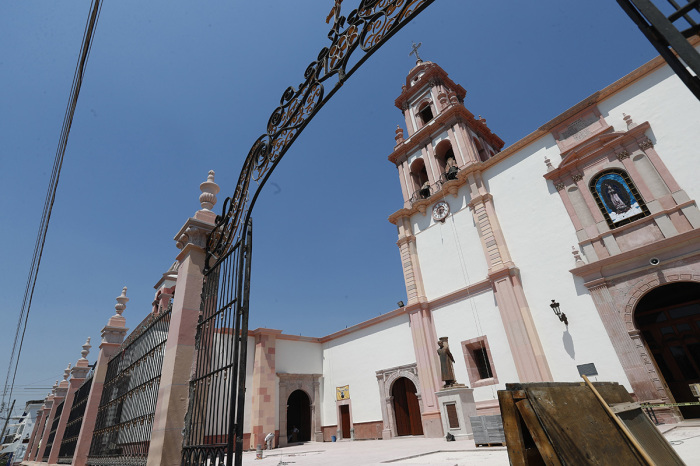Evangelical families in Mexico lose access to water, services for refusing to deny their faith

Two evangelical families in central Mexico have been threatened with being cut off from essential services or expelled from the community if they continue to refuse to deny their faith and pay a fine illegally levied against them, according to a report.
The families of Nemesio Cruz Hernández and Eligio Santiago Hernández, who are from the First Baptist Church in the La Mesa Limantitla area in Hidalgo state’s Huejutla de los Reyes Municipality, were threatened during a community meeting on Monday, the U.K.-based group Christian Solidarity Worldwide reported.
At the meeting, the evangelical families were forbidden to even speak as they were threatened.
On Aug. 3, community leaders, identified as Jose Marcos Martínez and Julio Alvarado Hernández, had made similar threats and instructed them to stop holding worship services in the home of Bartolo Martínez Hernández, who was also fined for allowing services in his house.
In January 2019, many evangelical families were forced to sign an agreement renouncing their faith. While eight families signed it, the families of Cruz Hernández and Santiago Hernández refused to do so.
The community leaders then blocked the two families’ access to water, sewer services, government benefit programs and the community mill for over a year until they were forced to sign an extra-legal agreement on Jan. 15, 2020, in which they renounced their right to hold religious services.
The agreement said each family would be ordered to pay an illegal fine of $3,000 ($57,700 Mexican pesos). State authorities paid part of the fine, but the families have continued to be threatened with forced displacement in several follow-up meetings throughout 2020 and this year, CSW said, adding that the amount of the fine is based on the costs incurred by community leaders in their efforts to halt any investigation into crimes or human rights violations associated with the case.
In Mexico, such extra-legal agreements are often used in lieu of appropriate justice mechanisms when the rights of religious minorities are violated.
The state’s officials must intervene “as a matter of urgency,” CSW’s Head of Advocacy, Anna-Lee Stangl, said. “If the state government refuses to protect the rights of religious minorities, the federal government must intervene.”
Stangl added: “The government, at both state and federal levels, must address the culture of impunity which has allowed violations like these to go unchecked for far too long, ensuring that families like those of Mr. Cruz Hernández and Mr. Santiago Hernández are free to practice any religion or belief of their choosing without being forced to pay illegal fines or facing pressure to renounce their beliefs under threat of criminal actions including the cutting of basic services and forced displacement.”
This is not a one-off incident of Christian persecution in Mexico, which has risen due to drug cartel violence, persecution by traditionalist Catholics and violent discrimination by anti-Christian left-wing groups, Open Doors USA previously reported.
“Last year, Mexico was [No. 52 on Open Doors USA's World Watch List]. It’s jumped up a bunch,” Open Doors USA President and CEO David Curry told The Christian Post in an earlier interview. “That would most certainly be around the issues of violence and drug cartels.”
Traditionalist Catholics often persecute Mexican Christians, too, he said. In this way, they resemble many small, rural groups of people practicing ancient folk religions around the world. Open Doors calls this kind of persecution “clan violence.”
“These rural indigenous groups see Christian churches as an outside force. They can harass and bother churches and believers who might be in the community,” Curry said. “It’s within these four states in Mexico: Chiapas, Hidalgo, Guerero, Oaxaca. It’s very localized.”




























